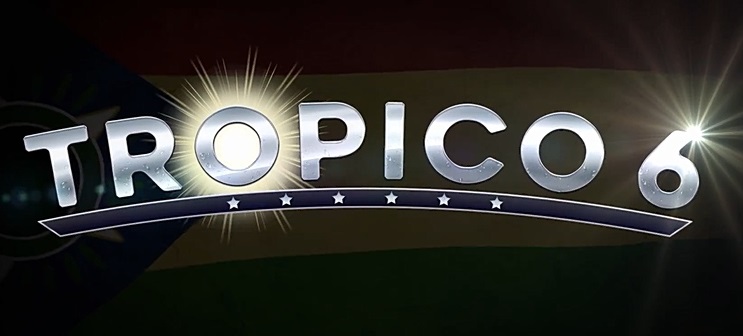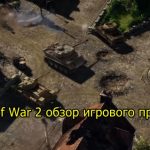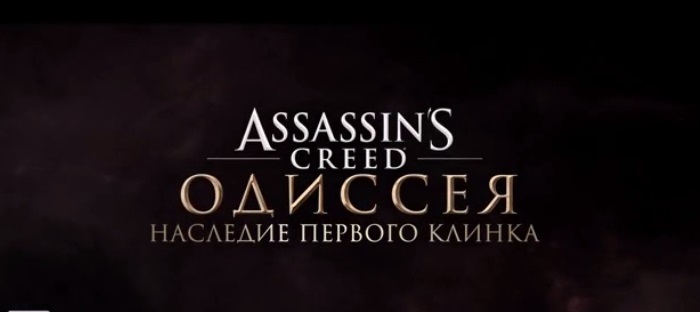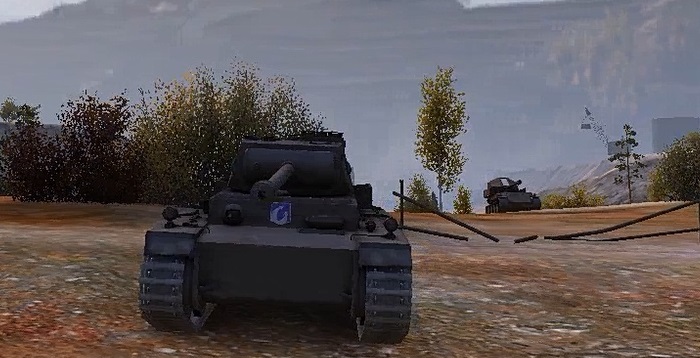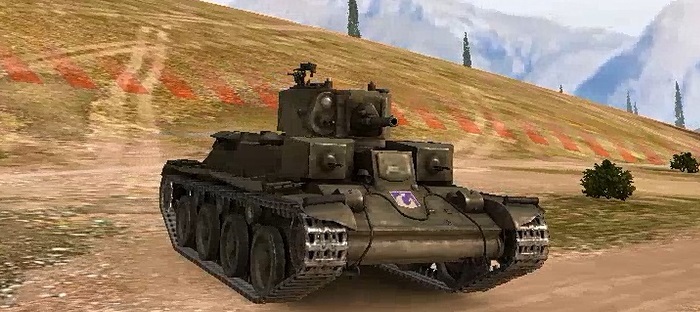Tropico 6 is a direct follower of the fifth. With the same basic rules, but a lot of differences in nuances. The main innovation Tropico 6 has improved graphics. Moving to Unreal Engine 4 has a beneficial effect on any game. Developed landscapes and biomes, high-quality vegetation, sunny beaches, dynamic shadows, cool effects from a particle system, well-developed building models and water simulation.
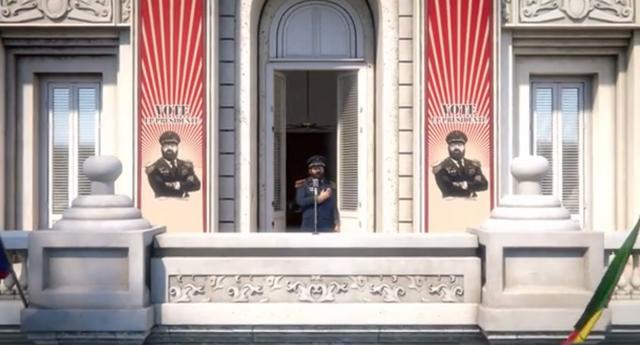
In the “classic” games of the series, we became president immediately and immediately began to tailor the history of the state of Tropico at our discretion. But for the second time in a row, the beginning of the game pushes us into the late colonial era, when we play the role only of the governor appointed by his royal majesty.
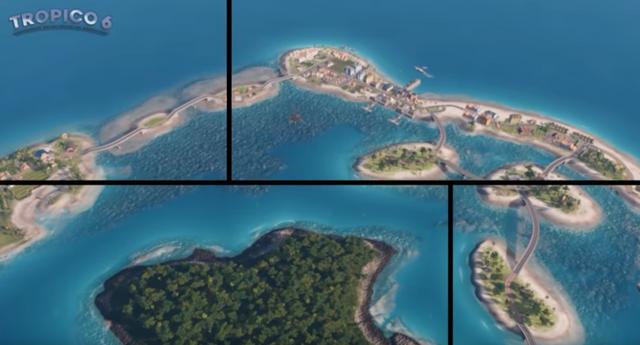
Build plantations and farms in order to turn them into production chains as they grow, conduct industrialization of the raw material colony by light and heavy industry enterprises, become a world leader in modern high-tech industries – everything is as it should be in a good urban planning simulator.
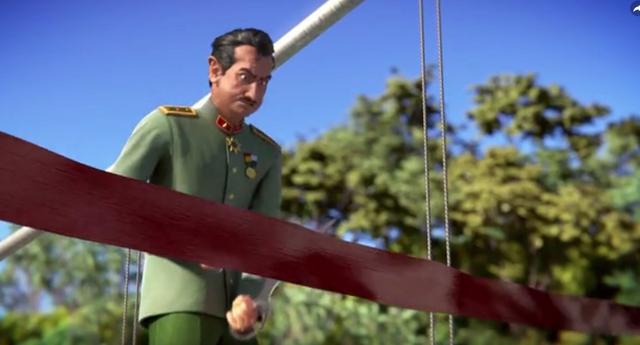
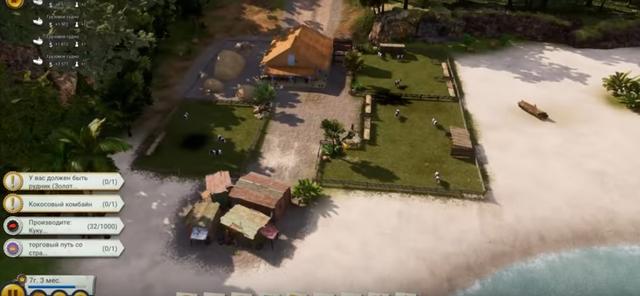
If you do not carry out quests coming from the continent, the term of the mandate will expire – and goodbye, warm place, hello, the main menu and restart the party. Point A: run around the island with an agronomist, mark out the fields for plantations of bananas, corn and sugar cane. Item B: to provide the population with shelters, taverns, churches – in a word, with everything necessary for a rich (and not quite uncultured) life. Point B: ensure that the income from the above enumerates the costs of its maintenance.
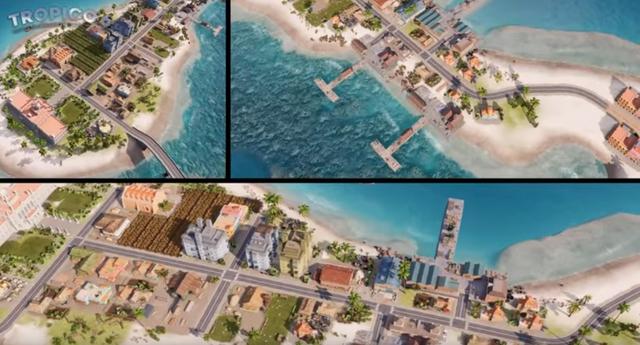
Until we accumulate influence, in order to make a revolution and get rid of the crown, we have to play in a very neutered version of Tropico, where ten buildings are available on the strength of percent. In the colonial era, people do not revolt, but they do not know how to heal properly, but produce only alcohol, skins and boards. Entertainment is limited to tavern, circus and theaters (simple and opera).

There are still three epochs ahead: first the world wars, then the cold war between the USA and the USSR, and then the long-awaited modernity. And each time such a transition dramatically expands your capabilities. So you finally fulfilled all the requirements to separate from the mainland state – and right there the number of available buildings tripled, the economy became more complicated, and the residents became smarter and began to criticize your style of government.
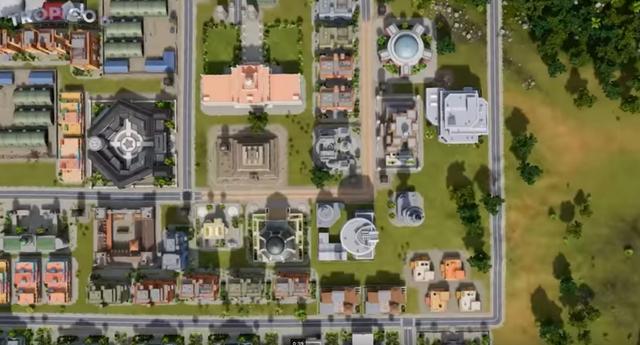
The farther, the more political forces are trying to influence you. Moreover, they are divided in pairs: the communists are against the capitalists, the religionists against the militarists, the green against the industrialists. Try to please one – fall into disfavor with others. If you want to remain the ruler of Tropico, you will have to maneuver so that a majority will vote for you in the elections. To captivate all the people without exception is necessary: 51% will be quite enough.
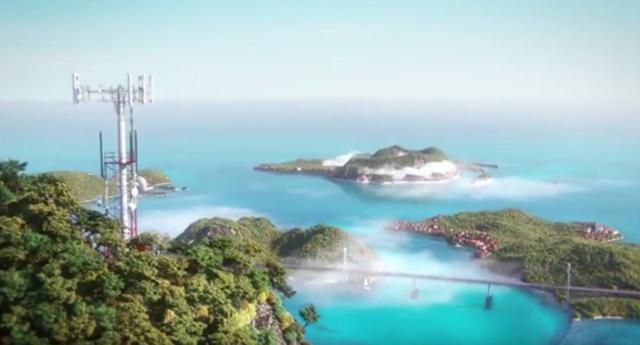
You can see which buildings and decrees delight every category of the population, and which distress them. Set up a lot of watchtowers to fend off the pirates – you get the consequences in the form of lowering the level of freedom, without which a revolution is impossible. You will build a lot of factories – the greens will build a butch, and the pollution rating will drop from pollution. If you do not raise it, you will fly out into the pipe, because, in comparison with the previous parts, export goods cost considerably less: you cannot feed with one cigar factory.

Additional sources of income are all kinds of requisitions (including from the church, educational institutions and hospitals, which was not found in the fifth part of the series) and tourists, who, however, appear only by the third era. They need to build hotels, taverns and entertainment, but they also pay much more willingly to the Tropicans. Sometimes foreign partners give up money if you have managed to maintain good relations with them. They also provide profitable trade routes: individual products can be manually sent to a specific country, which will offer the best price for them.

Say, everything is simple with corn: I grew it, I threw a part of it onto the market for domestic consumption, the rest I took it to the port for export. Tobacco can be sold as is, or you can first wind cigars out of it and sell it much more expensive. But at first cotton should be turned into fabric, and then clothes should be sewn – and if, at the garment factory, there is still leather in addition to fabric, the rate of return will increase significantly.
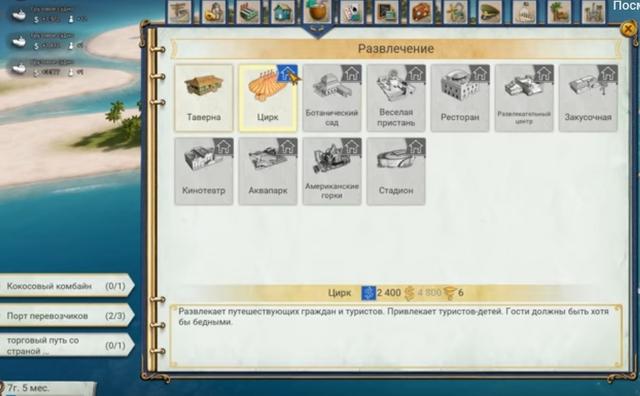
Differences from Tropico 5.
If before, the districts were divided simply by long sections of roads, now there are water barriers between them – which means that first you need to build ferry piers, and then bridges. Yes, and the subway is now available only within the same island: the other will have to move on top.
The second major innovation in the game is the islands. Our state is not just called an island, because it can be located on the open spaces of several islands, united by means of bridges, moorings or air routes. Each island in the game will have its strengths and weaknesses, which make them suitable for different purposes. Somewhere it will be better to grow wheat, while another island is better suited to create a resort, and the third will be crammed with minerals.
In addition, there were tunnels that allow you to pave the way through the mountain, and cable cars that can lift passengers to the hills or move from island to island. Impressions of all this happiness are very twofold: on the one hand, we have a lot of different ways to overcome obstacles and pave the way to hard-to-reach places. A new landscape is simply a cosmetic additive to the landscape, which, from the point of view of game mechanics, is more likely to interfere, as it complicates logistics.
The ministers returned to the game, who can now belong to different parties and add corresponding bonuses to the government of the country. For example, an economist from greens will reduce pollution from factories, and an industrialist will instead increase output from them. Both are useful – you just have to decide what is more important for you.
A new character has appeared – a broker that offers almost legitimate deals. “Almost”, because if no one finds out anyway, then what’s the difference, right? The broker allows you to manage personal money in a Swiss bank account, which used to be a dead weight and only influenced the final assessment. Now they can also be invested: at least in the elections, at least in buildings, even just to the treasury or back.
Another new idea is raids. Depending on the era, you can build a pirate’s den, a camp of thugs, a spy academy, or a center for cyber-operations to raid other countries. This could be the rescue of drowning people (with their subsequent transformation into local residents), the plundering of civilian ships, the search for treasures, or even the theft of the wonders of the world. Hitch stonehenge, the Eiffel Tower or St. Basil’s Cathedral – and earn a global bonus for them, and the buildings themselves will serve as an excellent lure for tourists.
